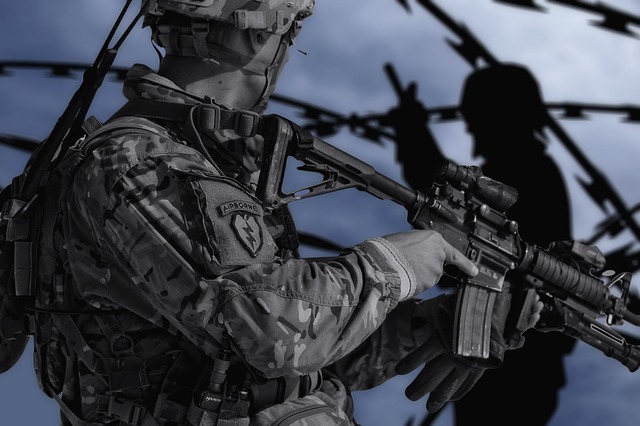It can be interesting to think that the fortuity of your birth and the socio-economic circumstances foisted on you from the first are so decisive and for some so life-ending and catastrophic. Some people seem to strike gold out of the womb and enjoy the benefits of a lavish lifestyle, a wealthy family, and all the assets of the developed world; others find themselves in an immediate hailstorm of fire and brimstone, bullied and brutalized by misfortune, and the world is to them a less stable and carefree place. There is of course everything in between these extremes—but the sheer intoxicating absurdity of the number of possible outcomes, all of them left to chance, is something that catches in the throat, like those many grim and unwanted thoughts that attack us in the night and lay bare the fallen and abject state of humankind.
But humans themselves are absurd creatures suited to their placement in an absurd world, and some give themselves too much credit for having done this or that thing or accomplished something or attained a certain status in the world without having considered that their station in life comes from their birth, by and large, rather than from their immense gumption or ingenuity. Pride can be a silly thing—but it’s also tempting and delicious. And who’s to blame?
With a neo-realist reality and weight bringing to life its story and actors, Pixote is one movie that broaches all of these unsettling questions about life and its absurd inequity, suffering, and brutality. The director, Hector Babenco, manages to capture all the shades of the childhood of its eponymous protagonist, played in true neo-realist fashion by a young Brazilian waif whose own life ended in a police shooting a few years after the release of Pixote; in the movie the raw delicacy of this child’s life—rushed into adulthood well before its time—reveals a real tenderness and beauty even as the camera refuses to turn away from so much madness and depravity. The result is something authentic, in each scene delving deeper into the landscape and evoking in bits and pieces the interior lives and psychological troubles of its characters.
The landscapes of the shots themselves range from the dark and dismal to the sumptuous and uplifting, like the one taken from the rock where the primary characters are gathered as they overlook the streaming sunset peeking over the ocean on the shores of Río de Janeiro. The camera seems to linger there as though willing a moment of respite, peace, and beauty, which in the lives of these children is so scarce that they probably doubt its existence. Hector Babenco is not afraid to infuse all these terrible nightmare sequences with some fresh air and visual lyricism and to make the story of Pixote’s life more dynamic and variable, avoiding the pitying eyes of those that are quick to judge and suggesting that maybe, just maybe, something more noble and salvageable exists in this mass of squalor.
And he’s right. That this movie of squalid lives is even remembered more than forty years later attests to the value of the apparently valueless life of a child living on the streets of Brazil in the late twentieth century and surviving against the odds that would someday overtake him. It is anonymous and maybe pointless suffering—but if not in this lifetime then in the next, if only in the form of artistic representation, this suffering recrudesces to sit still on the sunlit horizon of Río’s shore.


